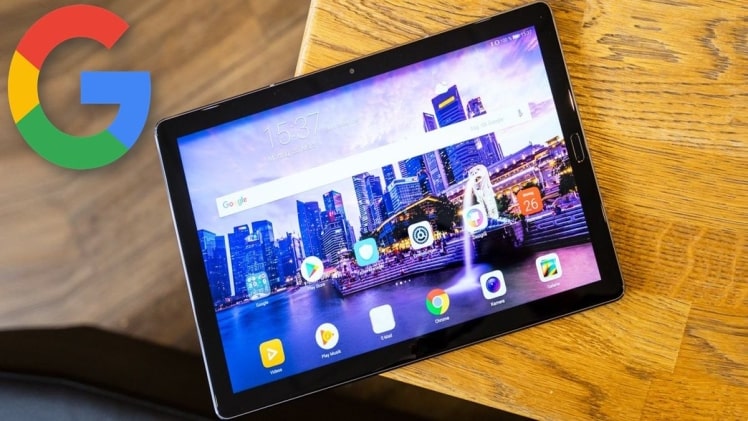When tablets burst onto the casual computing scene with the introduction of the iPad, it seemed like a new computing revolution had arrived – the devices offered the same dynamic and seamless operating systems as smartphones, with large displays and increased functionality like that of a laptop.
However, as time has gone on, tablets and 2-in-1 devices have had to settle for a niche – while it’s great that users can enjoy benefits of both a smartphone and a laptop, they haven’t historically offered enough of either of their strongest assets to dislodge them as the premier products on the market.
So, why would this suddenly change? Smartphones have continued to get larger and more powerful, and laptops have been able to fit increasingly powerful components into smaller, more lightweight devices, meaning that innovation is required to gain more of a market share and retain popularity.
Of course, tablet pc technology hasn’t just stood still while other devices have innovated – they have also become more mobile and more powerful, with some processors reaching laptop-like levels, giving consumers looking for mobile and effective devices for work and study a hard decision to make.
Read on to find out more about why tablets could be the future of computing.
Usage is Growing
In recent years, tablet pc usage has continued to rise – suggesting that consumer sentiment around the devices is changing, and that they have begun to provide clear and identifiable benefits to users over the respective competing devices.
In 2020, the tablet computer market hit $40 billion in total value, showing that there is a sizeable market for the devices, and this is predicted to rise to $50 billion in 2027, suggesting that more investment and innovation in the tablet space is on its way in the next decade.
There are already areas of the market where tablets have a firm grasp – for example, they are often used in education settings, as they are mobile and simple to use for students of all ages, and allow students to easily access external resources. Specialized education devices such as the Lenovo College Tablet while likely become further integrated.
Processing Power is Improving
One major issue that consumers have had with tablet computing is that they simply lacked the capabilities of traditional laptops, with it not being possible until recently to manufacture components that are both powerful enough and compact enough to fit in a tablet.
However, as technology has improved over time, a lack of compact and powerful CPUs is now a thing of the past, with top of the range laptop processors reaching levels of power comparable to laptops.
The first generation of 64-bit, quad core processors for tablets, called the Cortex A53 and Cortex A57, are now on the market – closing the gap between laptops and tablets further.
Increased Business Applications
For many of the reasons tablets have entered the student and education markets, they have also entered the business market.
The combination of mobility, power and dynamic workflows make them ideal for the modern office environment, allowing office workers to use the myriad of communication platforms on the go, while also accessing relevant data, and having the ability to jump on a video call at any time.





